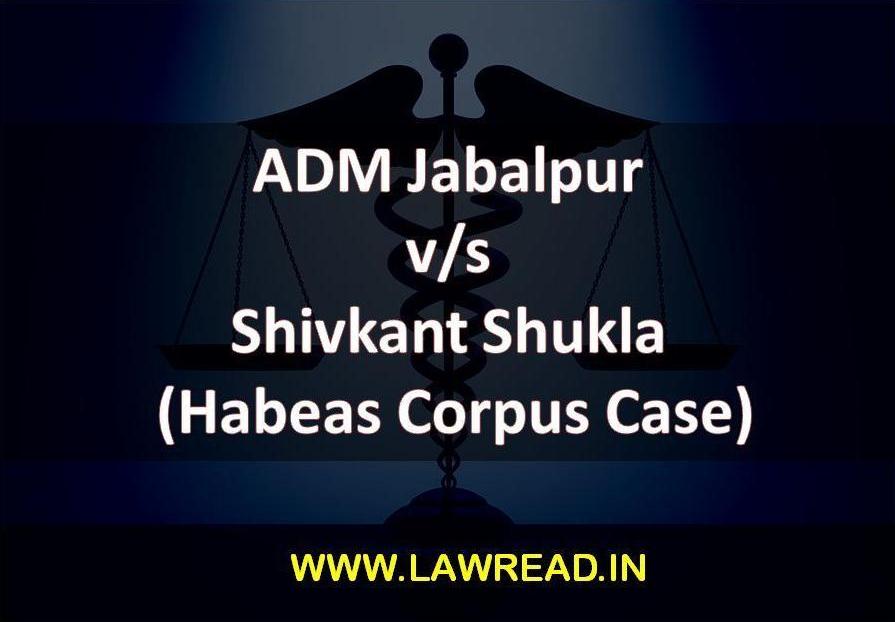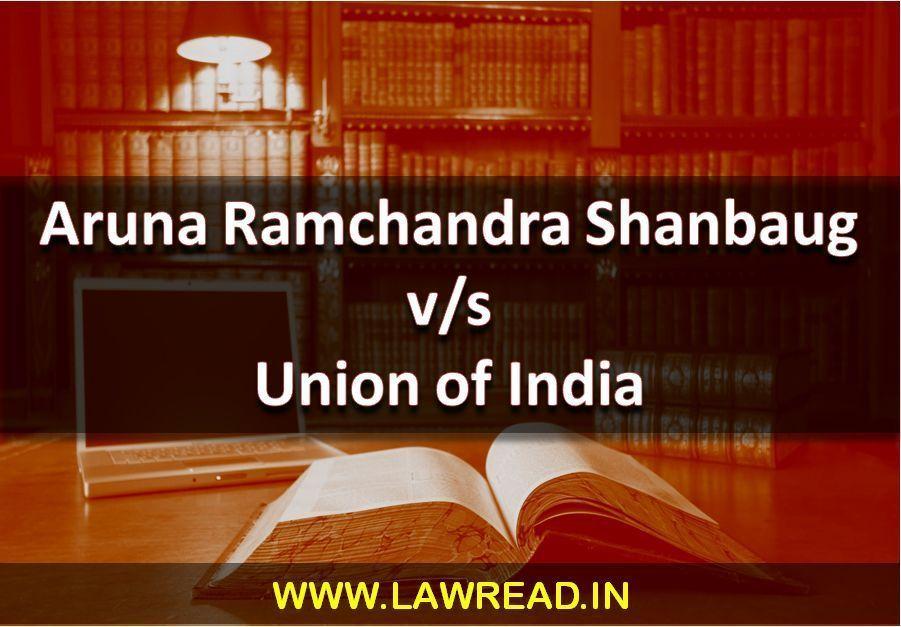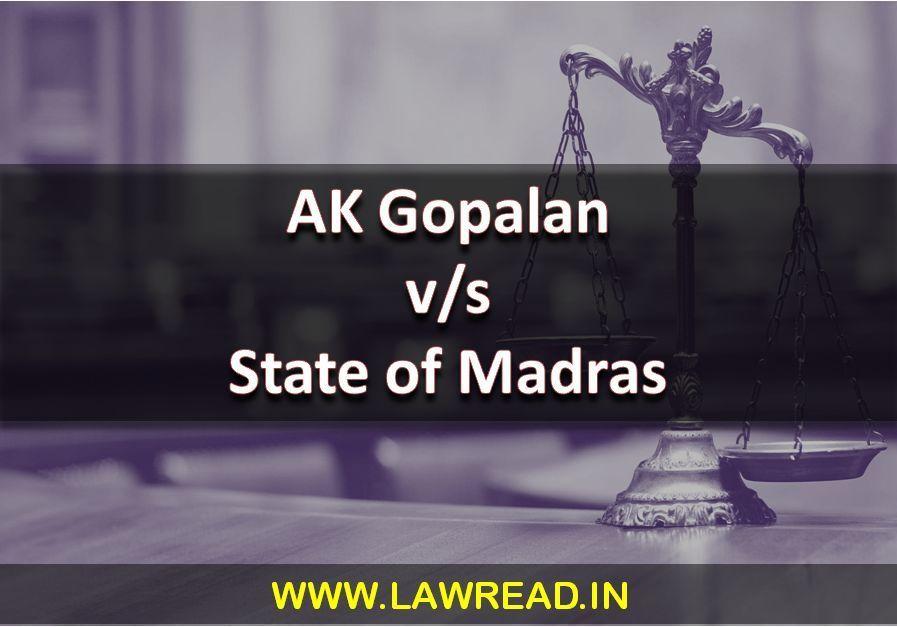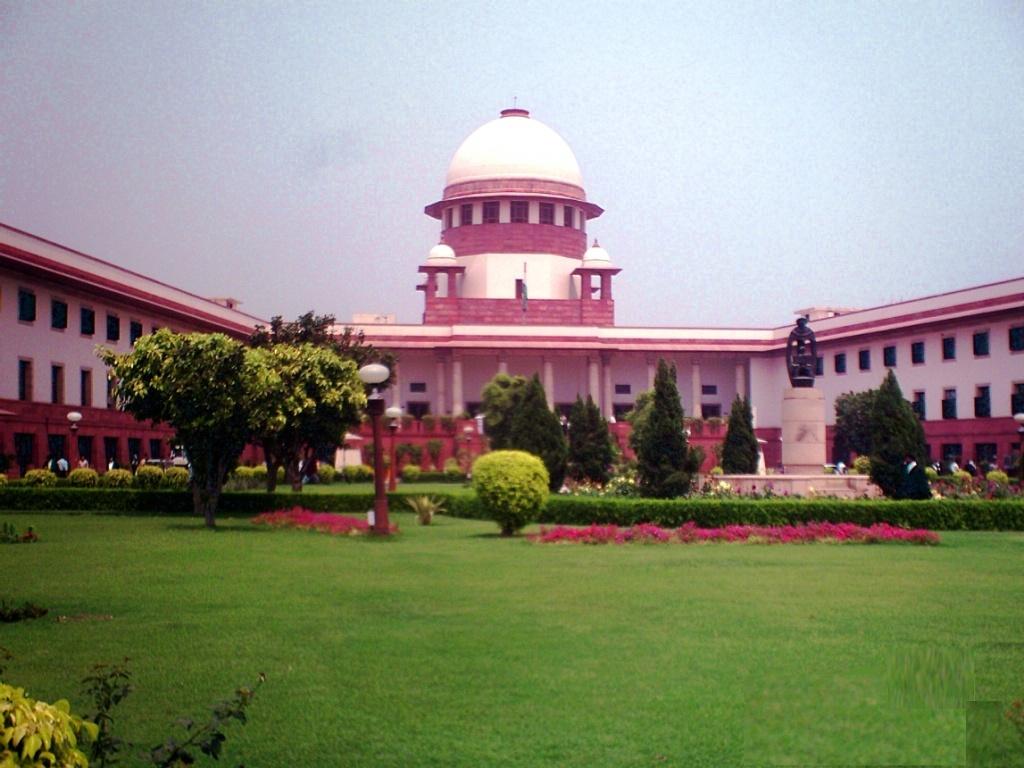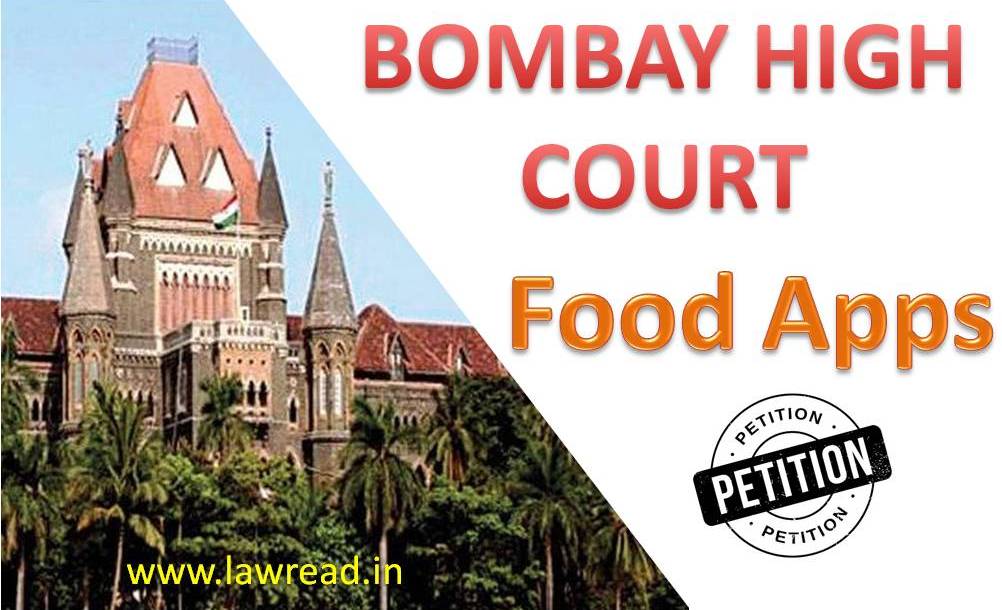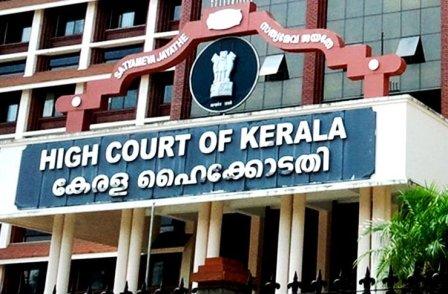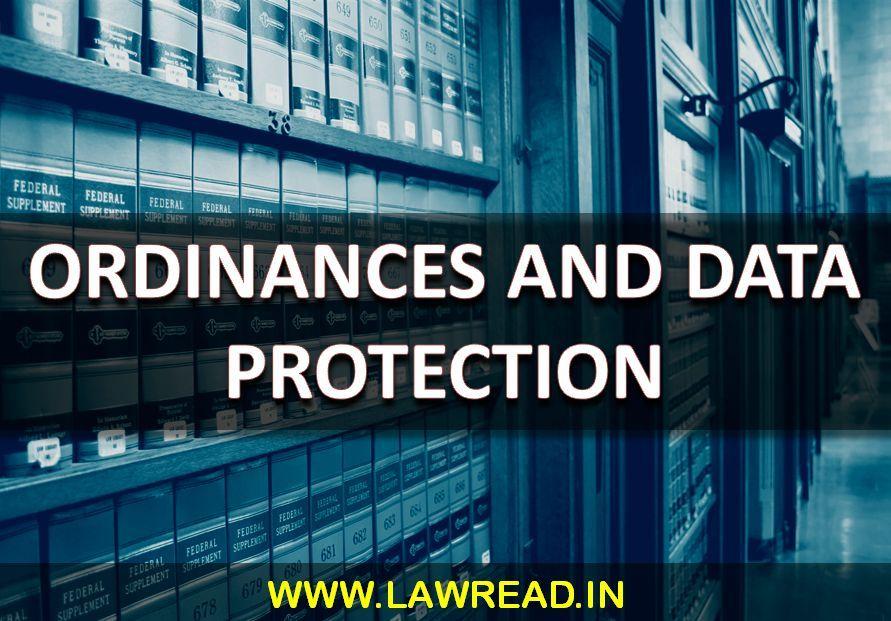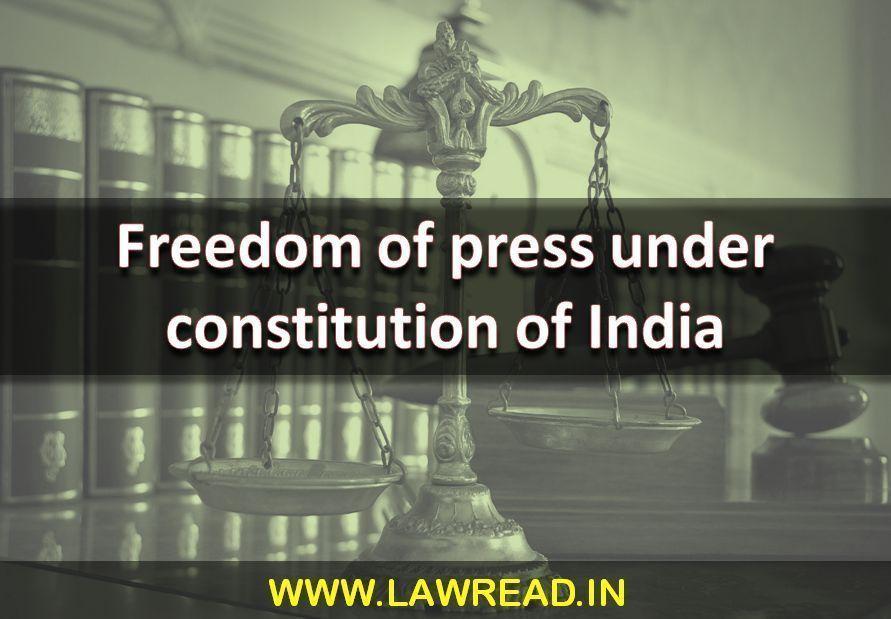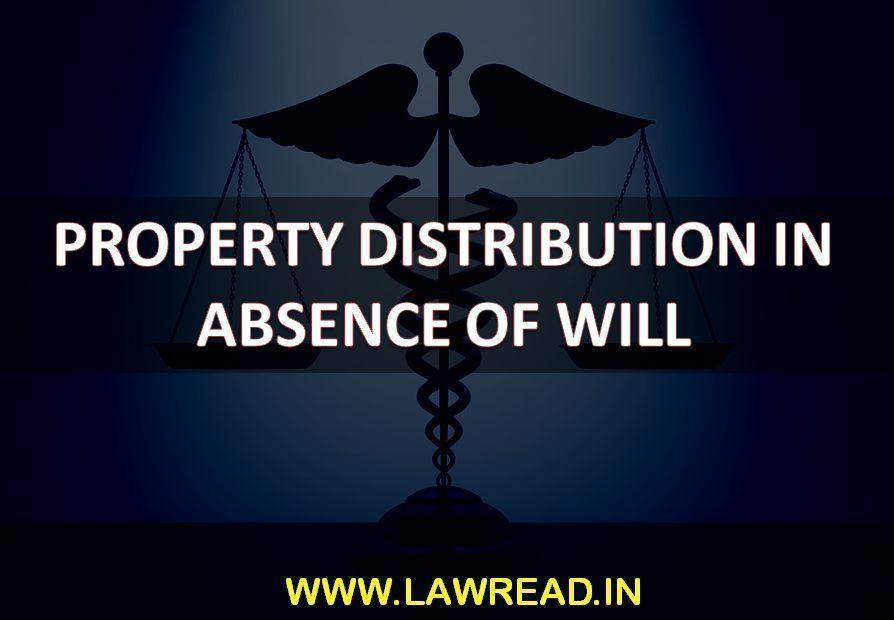Bachan singh vs State of Punjab
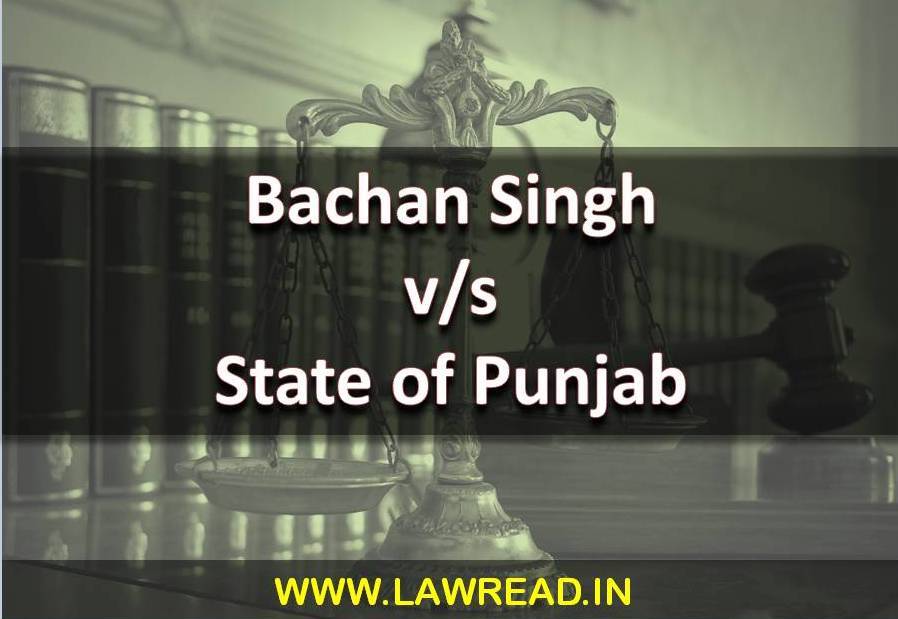
Citation:- AIR 1980 SC 898, 1980
Court:- The Supreme Court of India
Bench:- Justice Y.C. Chandrachud; Justice A. Gupta; Justice N. Untwalia; Justice P.N Bhagwati and Justice R. Sarkaria.
Petitioner:- Bachan Singh
Respondent:- State of Punjab
INTRODUCTION:
The judgement of this case is considered to be the landmark judgement. This case deals with determining the constitutional validity of the death penalty for murder provided in Section 302 of Indian Penal Code(IPC), and the procedure mentioned in Section 354, Sub-section (3) of CrPC, 1973. In this case, the Apex Court, Supreme Court of India, laid down the "rarest of the rare doctrine" by enforcing the limitations on the death penalty. This judgement was delivered by a five-judge bench of the Hon'ble Supreme Court with a ratio of 4:1. Majority was upholding the constitutional validity of death penalty in India while Justice P.N. Bhagwati dissented it.
After considering several arguments in favour of and against the death sentence punishment, the 35th Report of the Law Commission, 1967 remarked- “Having regard to the variety of the social upbringing of its inhabitants, to the disparity in the level of morality and education in the country, to the vastness of its area, to the diversity of its population and to the paramount need for maintaining law and order in the country at the present juncture, India cannot risk the experiment of the abolition of capital punishment.”
FACTS:
The petitioner, Bachan Singh, was sentenced for life imprisonment after being found guilty for his wife's murder. After his release, he lived with the family of his cousin Hukum Singh. Hukum Singh's wife and his son strongly opposed Bachan Singh's stay in their house. In one mid-night Vidya Bai woke up, and saw that the he (Petitioner) was imposing an axe on her sister Beeran Bai's face. Vidya Bai tried to stop him but instead she herself got hurt with that axe on her face and ear with ultimately made her face and ear unconscious. Other family member, Diwan Singh woke up by the screams and he hurriedly went to wake Gulab Singh up. On seeing him with an axe on Desa Singh's face they both hurried to stop him. As soon as the petitioner noticed that both of them were approaching towards him, he at once left the axe and ran away. They both tried to chase him after but couldn't.
After that, Bachan Singh was found guilty and was sentenced to death under Section 302, Indian Penal Code, for the murders of Desa Singh, Durga Bai and Veeran Bai by the Session Bench. He further appealed to the High Court. But the High Court confirmed his death sentence and dismissed his appeal. Bachan Singh then appealed to the Supreme Court by Special Leave, raising the question whether the facts of his case were "special reasons" for announcing him death sentence as provided in Section 354(3) of CrPC, 1973.
ISSUES:
1. Whether death penalty provided for the offence of murder in Section 302, Indian Penal Code, 1860 is unconstitutional or not?
2. Whether the Facts found by the Session Court would be taken as “special reason” for awarding the death penalty as is required under Section 354(3) CRPC or not?
ARGUMENTS:
(a) Arguments by the Petitioner:-
1. The petitioner contended that the imposition of the death penalty under Section 302 of IPC was violative of Article 19(1) of the Constitution.
2. Then he argued that Right to Live is basic to the enjoyment of all the six freedoms guaranteed in Clauses (a) to (e) and (g) of Article 19(1) of the Constitution and death penalty would put an end to all those mentioned freedoms.
3. Further, it was argued that the imposition of the death penalty would amount to unreasonable restriction under Article 19 because death penalty did not have any social purpose and its value as a deterrent was unclear and also it was against the dignity of an individual guaranteed under the constitution.
4. The petitioner contended that the death penalty was violative of Article 21 of the Constitution because it signified unreasonable, cruel and unusual punishment which violated the dignity of the individual.
(b) Arguments by the Respondents:-
1. The respondents questioned the principle of sic uteri tou ut alienum non laedas which meant that a person may use the property in such a way that it does not injure someone else’s rights.
2. They put forward before the Court that the six rights mentioned under Article 19(1) are not absolute rights, they are subjected to inherent restraints, putting responsibilities on the member of civil society to use his/her rights in such a manner that it does not undermine similar rights of others.
JUDGEMENT:
The Supreme Court of India delievered the judgment with a majority of four judges to one. They arguments questioning the constitutionality of Section 302 of IPC and Section 354(3) of CrPC were strictly dismissed. The Court held that all the six fundamental rights guaranteed under Art 19(1) are not absolute rights. The court announced that thse rights are subject to inherent restraints, giving responsibilities of one member of civil society to use his/her rights without undermining the similar rights of other persons. It was held that Section 302 is not violative of both Article 19 and 21 of the Constitution and Section 354 (3) of CrPC was absolutely constitutional and the term “special reason” in the section means “exceptional reasons” founded in the exceptionally grave circumstances of a particular case relating to the crime as well as the criminal. The court laid down the principle of “rarest of the rare cases” in awarding the death penalty. It was further alleged that those who are convicted for murder, "life imprisonment is the rule and death sentence is an exception".
Justice P.N. Bhagwati dissented the opinion. He said that the imposition of the death penalty as an alternative to life mentioned in Section 302 of IPC is ultra vires and void as it violates Articles 14 and 21 of the Constitution.
The question on the constitutionality of the death penalty was first confronted by the Supreme Court of India in the case titled "Jagmohan Singh v State of Uttar Pradesh". In that case the court held that “The death sentence does not extinguish all the freedoms guaranteed under Article 19(1) and it was also held that it was not violative of Article 14 of the constitution on the basis that unguarded and uncontrolled discretion is given to judges to impose either capital punishment or imprisonment for life". Thus the death penalty became the exception rather than the rule.

